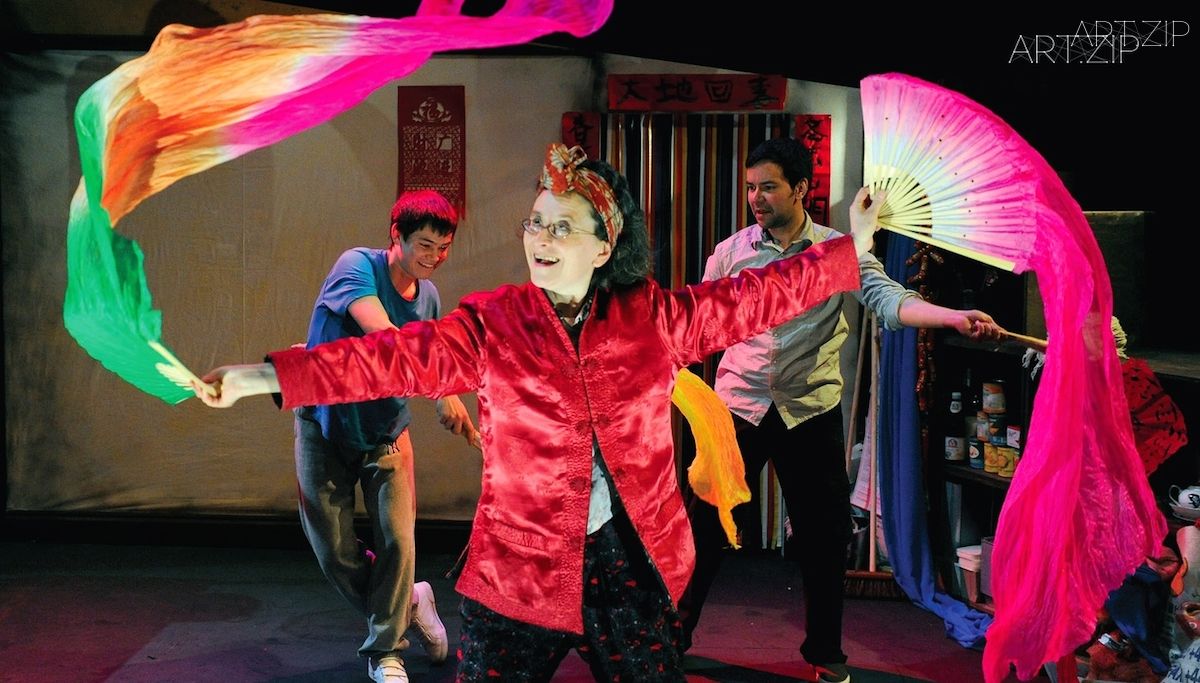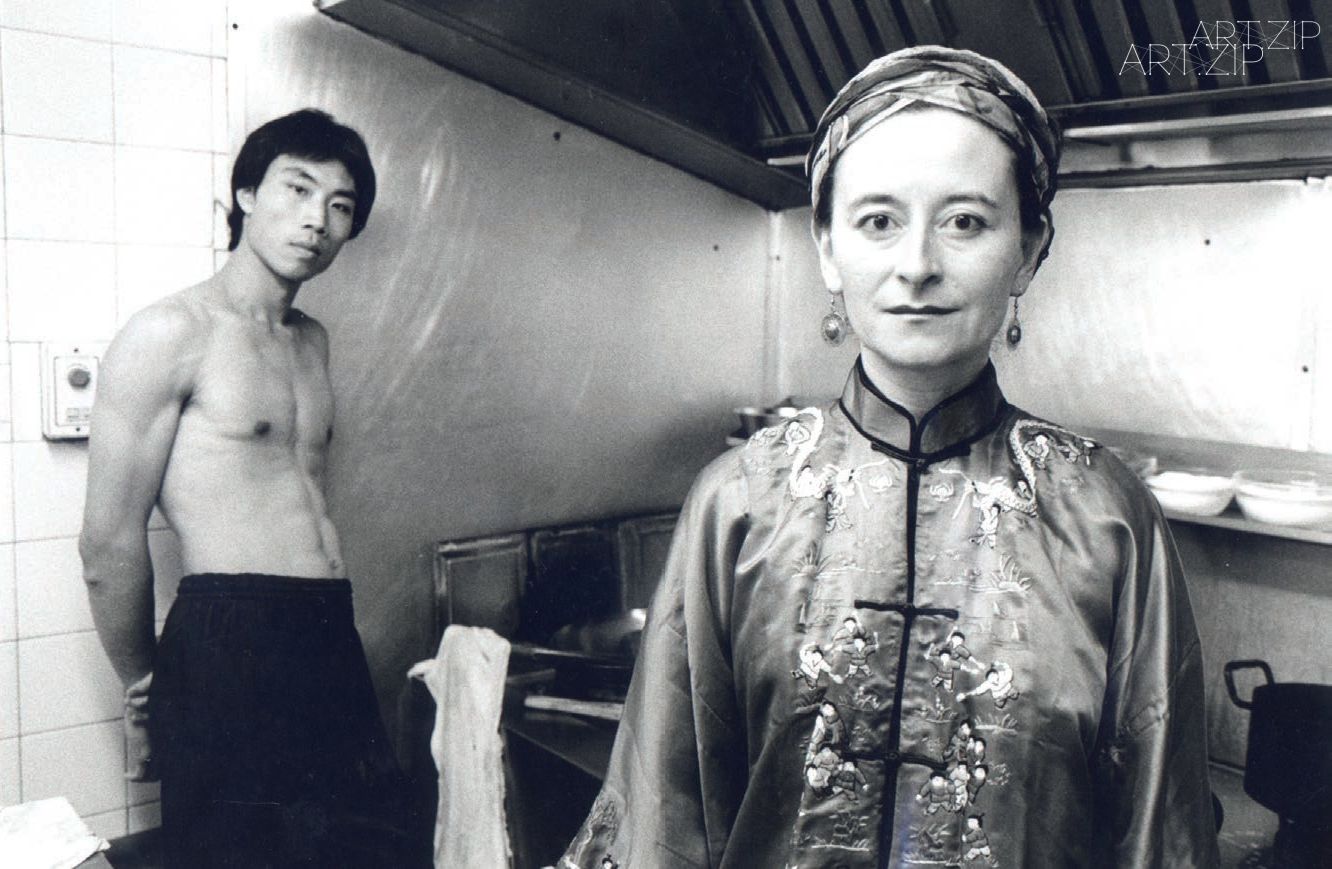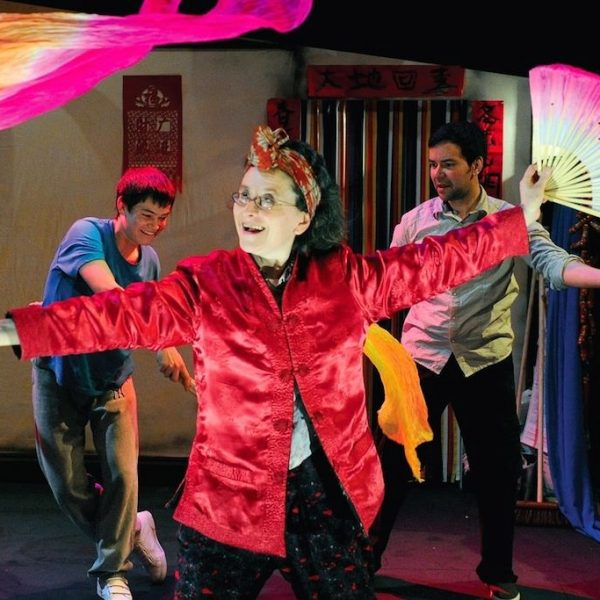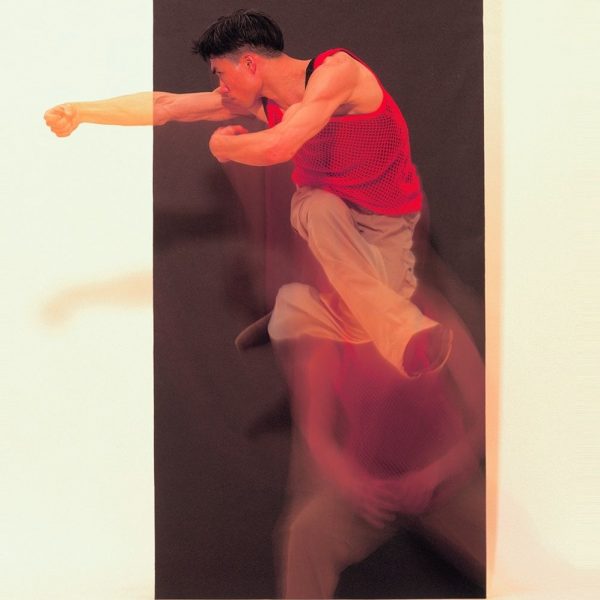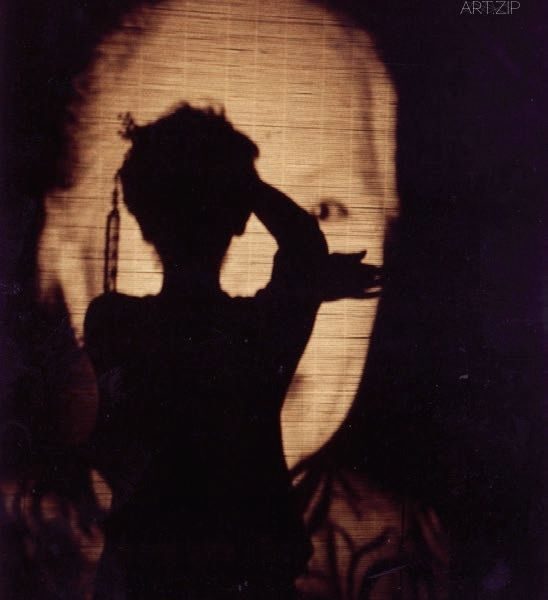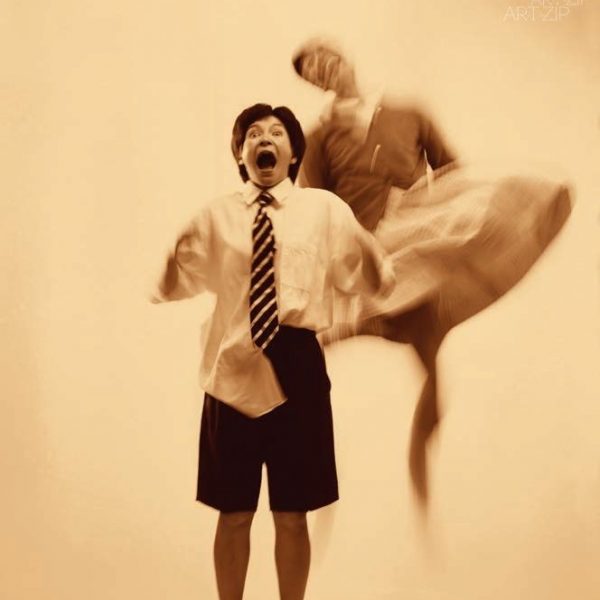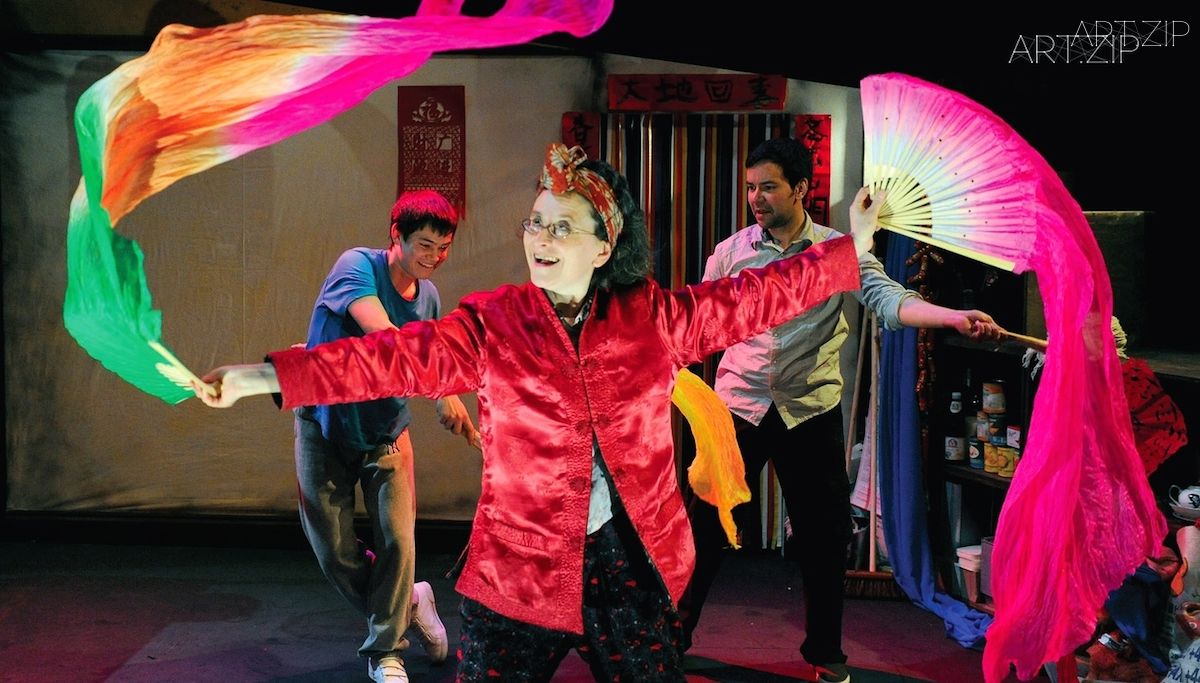
AN INTERVIEW WITH KUMIKO MENDL
採訪久美子·孟德爾
Yellow Earth was established in 1995 to develop new theatre work by British East Asian (BEA) artists and to engage audiences from all backgrounds in this work through public readings and touring productions.
It fuses eastern and western performing traditions to celebrate the meeting of different cultures and presents productions in London and on tour, along with programmes developing and promoting new BEA writers, directors and performers. The company has an extensive education and outreach programme, working with community groups as well as schools and colleges.
In a process of artistic renewal led by new Artistic Director, Kumiko Mendl, the company is now setting out to engage audiences in participatory and immersive work in new spaces with an ambition to produce fresh, vibrant work that reflects the BEA experience and create new opportunities for emerging and established BEA artists.
“Dim Sum Nights” is a unique theatre showcase which provides fresh, bite sized pieces of theatre by talented British East Asian writers served up alongside delicious Dim Sum and Chinese tea.
黃土地劇團成立於1995年,旨在為英國東亞 (British East Asian—BEA)藝術家創作新劇 院作品提供平臺以及通過公共閱讀和巡回演出 的方式使不同背景的觀眾參與進來。
該劇團融合了東西方不同的表演傳統,以慶祝 不同文化的交匯並在倫敦和世界巡演中以演出 的形式呈現。此外,還有相應的項目有助於挖掘 和提升新的BEA作家,導演和演員。該公司擁有 一項廣泛的教育和推廣計劃,合作對象包括社 區團體以及學校和大學。
在由新藝術總監久美子·孟德爾領導的藝術復 興進程中,該公司現正著手吸引更多的觀眾參 與到使其有身臨其境之感的新工作空間當中 來,其目的在於創作能夠反映BEA經驗和為新 生代年輕BEA藝術家以及老藝術家創造新機會 的新穎而又充滿活力的作品。
“點心之夜“是一次獨特的戲劇作品展示,在展 示才華橫溢的英國東亞作家的最新戲劇的同 時,還為人們準備了美味的點心和中國茶。
PI: PERFORMANCE INFINITY / KM: KUMIKO MENDL
PI: Do you see that it is important to differentiate between the different Asian cultures to avoid a too general concept of “Asianness”, or are you more for the idea of uniting different Asia cultures to gain a more powerful position in advocating our rights and ideas?
KM: When Yellow Earth was founded in 1995 there was very little East Asian/SE Asian theatre happening. The EA/SE communities were relatively small in terms of population so it felt important that we include everyone as much as we could. Each year we tried to profile and present a different country but the Chinese were by far the biggest group, the make up of the company reflected this and the work did too. The focus is now very much on the British part of the East Asian and work that originates from Britain by people of East Asian descent.
Now there is a much larger and stronger East Asian artistic community and it’s definitely growing which is exciting but just as it is a diverse one so is there a diversity of opinion as to what sort of work we as a sector should be doing and how we should be representing ourselves. For me I see the role of Yellow Earth as being in two parts; to produce work that explores our voices and brings exciting, new work to new audiences and as a seeding ground – creating the right conditions for actors, writers and directors to develop their craft, to stretch them and to challenge them.
It is better if we can speak with one voice, it makes our position stronger, we can not separate along cultural or ethnic lines, there are too few of us to make any impact, as it is we are still pretty invisible but although change is slow I am optimistic it will happen but we do need to keep up the pressure and for it to happen companies like YE must continue to survive and thrive.
PI: 您認為有必要為了避免一個泛亞洲的概念而區分不同的亞洲文化 嗎?或者,您更贊成聯合不同的亞洲文化從而為維護自己的權利和想法 爭取更強大的地位這種觀點嗎?
KM: 在黃土地成立之初(1995年),東亞、西亞劇場十分不活躍。這一個 群體非常小,所以我們盡量去囊括盡量多的人。每一年我們都希望能添 加來自不同國家的參與者的信息。目前,華裔是最大的一個群體。我們的 工作成果一定程度上體現了這種構成。我們現在的工作重點是關注英國 東亞裔群體的英國身份屬性。
如今的東亞藝術圈增長迅猛,也非常多元。所以我們需要清楚我們怎樣 去處理這些多元性的意見,並且如何去展現我們自己。就我個人而言,我 認為黃土地的角色有兩個部分。一個是為新觀眾制作體現我們自己聲音 的新作品;另一個是為演員,作家和導演等創作人員提供土壤和機會去測 試和發展他們的作品。
當然,如果我們能夠發出一種聲音,當然會讓我們的地位更堅固,我們可 以來區分不同的文化和種族的界限。但是我們都不夠醒目和有力。不過 即使這些變化很緩慢,但是我覺得著一定會發生。類似黃土地這樣的劇 團需要生存和奮鬥下去。
PI: How you got the idea of Dim Sum Nights? It is very interesting to present the theatre showcase at a restaurant.
KM: Over the years the company has run development workshops for writers and directors and most recently with actors and I was looking for a way to bring these three strands together. I was also keen to take our work into different spaces. So that’s why Dim Sum Nights began. It was like a test really. It was a way for people to test new material for themselves, but putting it in a format that was accessible, and hopefully interesting, and it would be a good way of bringing in new audiences – it’s not easy selling a show when the writers are pretty unknown. Originally I was thinking lunchtime plays, we do a selection of very short pieces at lunchtime, hence dim sum. All the pieces would be different like dim sum and we hoped there would be something to suit everyone’s taste. As I looked into it, I could see it was going to take up a lot of time and resources to build an audience for a lunchtime event. So I thought let’s do it in the evening and make it more of a show, so we can have more pieces, not limited to just an hour. It’s usually around an hour to an hour and 20 minutes. That’s why we called it Dim Sum Nights. By presenting it in a Chinese restaurant I hoped that those people familiar with that space might feel more comfortable coming there to see theatre than going to the theatre itself. Using round tables for audience seating meant people had to sit with people they didn’t know and gave a good communal atmosphere. People also enjoyed the novelty factor plus the combination of food and theatre is always a winner.
PI: 您是如何產生舉辦點心之夜的想法的?我認為在餐廳舉辦戲劇展示 非常有趣。
KM: 近些年來,黃土地曾經開展過一些作家,演員和導演工作坊。我希望 尋求一種方式能把這三者結合起來。同時,我們也很希望把我們的作品帶 到不同的空間展示。這也正是“點心之夜”的起源。這很像一個測試,如何 幫助人們去檢驗新素材,但是同時可供欣賞並且很有趣。同時這也是一個 培養新觀眾的好方式。要知道去賣一個不知名作者的作品可非常不易。
最開始我考慮的是午間劇場。在中午時段去演出一些小短劇片段。每一 個片段都很不同,就像點心一樣,不同的點心可能適合不同人的口味。 但是當我們進展下去的時候,發現在午間尋求觀眾將花費很大的人力物 力。於是我想那就還是在晚間吧,這樣時間也可以延長些,就能容納更多 的作品。目前,平均每場時間為一個小時二十分鐘或者一個半小時。這就 是我們為什麽叫它“點心之夜”。
在中餐館來演出主要是考慮到比起劇場來,觀眾可能會對這個空間更熟 悉,也更能放松。而且使用圓桌讓陌生人需要坐在同一個桌面,創造了很 好的溝通渠道。人們在享受餐飲的同時會,觀看的戲劇才是重中之重。
PI: Can you describe what kind of pieces you’ve got for this year’s Dim Sum Nights? What are the differences between this year, last year, and two years ago? What are the difficulty, achievements, and expectation?
KM: The first time we did DSN we did a call out to BEA writers/ directors/actors to come up with a 10 minute script or idea for a piece that would take place in a Chinese restaurant and the only set they could use would be a table and 2 chairs (like Beijing Opera so the idea was they could use those props in any way they liked) It was a great success and we selected 5 to develop further which became the next DSN the following year that toured around the UK and was compered by one of the characters.
Part of this year’s Dim Sum Nights is commissioning writers from last years DSN to write a new scene. This had been quite interesting, because it was coming from us commissioning, rather than from the writers who originally came up with these pieces. I think it is more challenging for some of them. They found it more tricky, as their first pieces weren’t necessarily intended to be more than that. But 4 out of 5 have come back, with a new piece that featured one or more characters from last year. We’ve put all those four pieces in. So for the writers, I hope it’s developing them: revisiting a character and imagining another situation for that character to be in. I hope they are going to be stronger pieces. Of course, we’ve got a different creative team this time around. We’ve got one less actor. We’re doing it with four. We’ve got slightly more pressure on them to be doing different parts. So for those people who know the pieces from last year, it’s going to be quite exciting. But for those who don’t, they should be stand- alone pieces that work on their own anyway. That’s the challenge.
In terms of the showcase pieces, as we call it, the new writers’, the open submission, some people have come back and written new pieces, and we’ve got a lot more new people coming in. I think the very first year when we did it, there were people around who were quite experienced, who’d been acting for a long time and just thought it was time to try something out. This year, it’s a less experienced set of people so they require more support from us in terms of casting and producing . But we’ve had a dramaturg, so we’ve had definite sessions with the dramaturg working on their pieces that have helped the writers to develop their plays. The pieces themselves…obviously it’s happening in a restaurant. I have said it doesn’t have to be set in a restaurant, that you don’t have to be site-specific, but most people have gone with the setting, which really works and which is easier. They still have got one table and two chairs, and that’s sort of a challenge to be able to allow the characters to move around, instead of remaining static sitting at the table. They’re either set in a restaurant or domestic. It’s mainly about relationships, very contemporary, quite a lot of them not culturally specific, I would say, which is quite interesting.
There were very few men who applied compared to women and there was a guy whose was picked but could not do it in the end. So out of all the open submissions they’re actually all women! (Laughs.)
And then we have two Weibo pieces this year. I thought it would be interesting to hear voices from China so via sino weibo we invited Playwrights in China to send over a play with a maximum of 3 weibo posts There was initially a lot of interest from people but we only received a handful in the end – perhaps people tried but felt they couldn’t make it work or weren’t happy with the result. However the ones we received were all interesting and we have selected two to present and as they are going to be performed at Halloween and both feature ghosts. For me what’s interesting is the brevity of text opens up more possibilities in terms or staging and movement. I would like to try this again next year and just ask for dialogue and no stage directions and see what happens.
PI: 您能夠描述一下今年的點心之夜有哪些戲劇片段嗎?今年,去年以及 兩年之前的點心之夜有哪些區別呢?您當前面臨哪些困難又有什麼樣的 成就與期望呢?
KM: 在我們初次舉辦“點心之夜”時, 我們把英國東亞裔的作家、導演、演 員都召集在一起構想一部只有十分鐘的劇本或者一個發生在中餐館的故 事,道具只有一張桌子和兩把椅子可用,(就像京劇一樣他們可以選擇任 何形式使用這些道具)在取得了極大的成功之後,我們又選擇了五個劇本 來發展作為次年“點心之夜”的小短劇,並進行了全英巡演,其中一位主演 擔任了主持的工作。
今年“點心之夜”的一部分是委托給去年的作家來完成一個新場景。這十 分有意思,因為這是我們委托他們去創作這些作品而非他們自己本身的 構想,對於這些作者而言必定更具挑戰性。的確,這是一件比較棘手的任 務,因為他們並沒有打算在第一件作品裏發展出更多的東西。但是五人 中還是有四人帶著新作品回歸了,都是圍繞他們去年劇本裡發展一個或 多個人物的新創作。四個人的小短劇都通過了我們的審核,對於作家而 言我希望這促使他們成長:重新審視原來的一個角色並將其放入另一個 情境中。我也希望這些作品會更加的出彩。當然這次我們的創意團隊不同 了,少了個演員。此次只有四人了,所以每個人會相對有更大的壓力去完 成不同的部分。對於了解去年那些短劇的觀眾來說,他們肯定會很興奮; 但對於其他不了解原本劇目的人,這就是些獨立的作品,他們將用自己的 方式來詮釋。這些都是挑戰。
對於那些展示劇目,我們稱為新銳作家,公開徵稿,有不少人帶著新作回 歸,還有很多新人的加入。在我們創辦初期,參加者都是相當有經驗的, 在這行幹了許久的並打算是時候試做點作品的人們。而今年參與者相對 缺乏經驗,所以在挑選演員和制片方面他們需要更多我們的支持。我們團隊中有戲劇編劇,因此我們有專門的會議討論並幫助作家們發展他們的 劇作。這些劇作背景都設定在一家餐館。我有提到,其實並不一定要在餐 館,也沒有特定場地要求,但是大多數人還是選擇了餐館,既可行又相對 容易實現。仍是一張桌子兩把椅子,演員們需要和道具發生關係,而不是 靜態地坐在桌子邊。他們可以把場地設成餐館或者是家裏。主要是圍繞人 與人之間的關系,當代關係,基本沒有特定的文化,我覺得十分有意思。
男性參與者比女性參與者要少一些,其中一位男作家入選了,但是最終都 沒有實現。所以到最後所有公開徵稿的劇本都是女作家完成的!(笑)
今年我們也有兩件來自微博的作品。我覺得聽一下中國的故事會很有意思, 所以我們通過新浪微博徵集微博短劇(劇本不超過三條微博),最初有很多 躍躍欲試的人,但最後我們只收到了一部分,或許人們很想嘗試但是他們沒 有自信自己可以做好。幸運的是我們最終收到的劇本都非常有意思,我們挑 選了兩部在復活節期間上演,都是圍繞幽靈主題的。我覺得最吸引我的是 那些簡潔的文字,這對舞臺和動作展示都增添了更多的可能性。明年我很 樂意再試一次,只有對話沒有舞臺指示,看看會有什麼有趣的發生。
PI: What advise do you have for new writers? Any book recommendations, practice tips?
KM: The good thing to do is to read lots of plays and real range, and to go see lots of theatre, so as to really get an idea of what’s possible. So many people know about TV and film, without really knowing what theatre is about, or having much experience of theatre. So that’s one major thing. I don’t know what is like in China, what’s available for them. Obviously it depends on where people live. It’s very different from writing a story or a poem. Observe people, listen, listen to people’s dialogue, let your imagination go, try stuff out, work with actors. I think it’s always brilliant for writers to come into the rehearsal room and have an opportunity to workshop their scripts. You learn so much, what you imagined in your heard in your room can be very different in reality. You realize how something’s going to work or not going to work, and you see how something could work. Actors bring ideas. For me, it’s about working as a creative team with the actors, with the director and the writer. I come from a devising background so that ideas come from the creative team rather than one writer so this is also a way of approaching and making new work but it is more time consuming and requires more resources which we currently don’t really have.
PI: 對於新生代作家您會給出什麼建議呢?可以推薦一下相關書籍或者 練習技巧嗎?
KM: 最好當然是讀大量的、各種類型的劇本,去盡可能多的劇院,從而得 到任何可能的想法。大多數人都很了解電視電影,卻不真正清楚知道戲 劇是什麼,或者沒有豐富的戲劇體驗。這是一個很重要的環節。我不清 楚中國的情況如何,哪些資源是他們可用的。這都與生活在哪裏有關, 寫出來的故事或詩歌都會大大不同。觀察身邊的人們,傾聽人們的對話, 任由你的想象力遊走,嘗試各式各樣的事情,和演員們一起工作。我認為 作家可以走進彩排室看看並發展他們的劇本是很明智的。因為他們自己 在房間裡想像的和現實發生的肯定會很不一樣。他們可以知道哪些是可 行的,哪些不行。演員能激發編劇不一樣的想法。對我來說,那是與演員 們、導演和編劇作為一個創意團隊在工作。我是負責組織規劃的,所以創 意都來源於創意團隊而不僅是一位作家,這是創作新作品的好方法,但 這需要更多時間與資源,我們目前還沒有具備。

